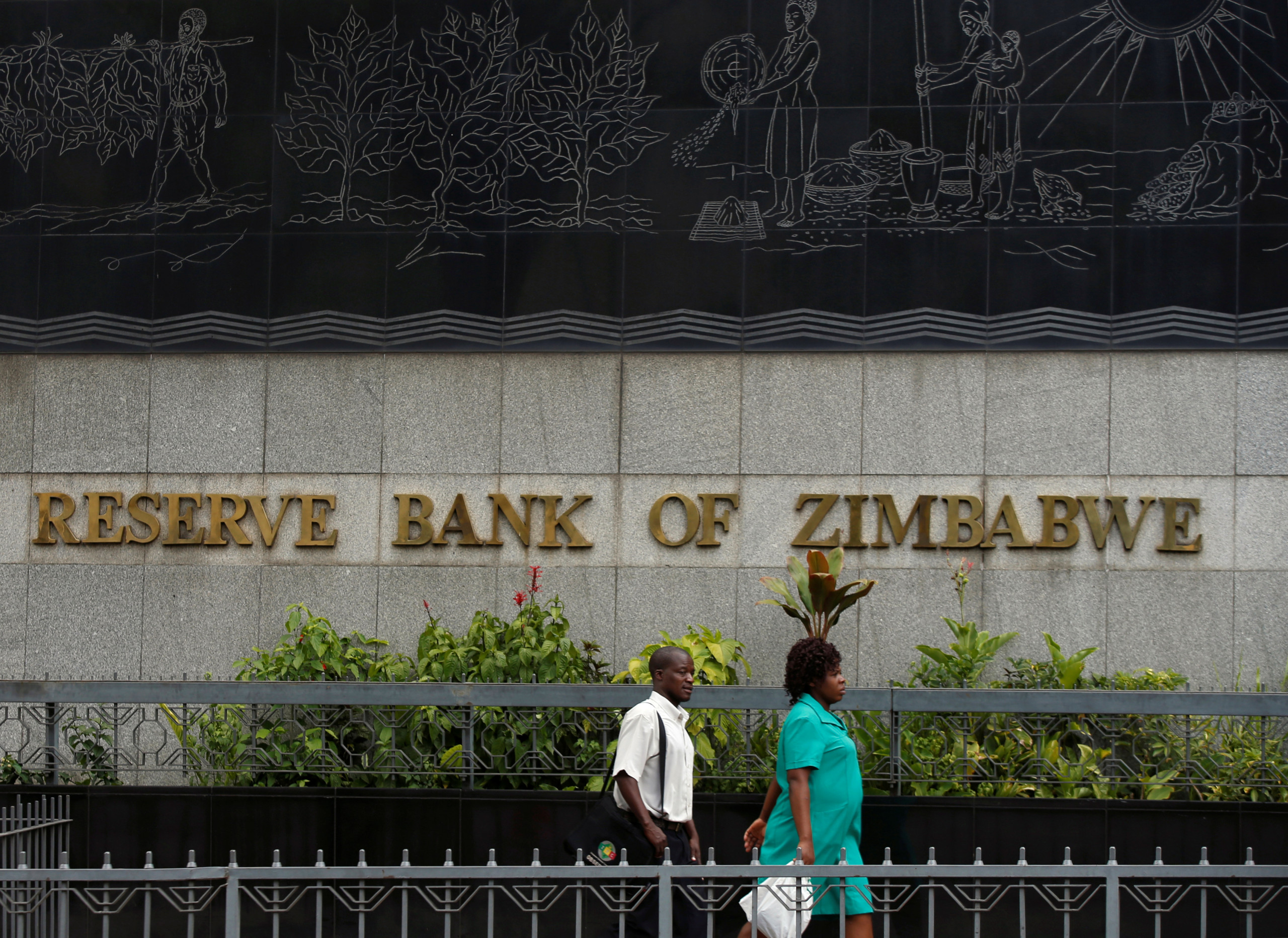- The Reserve Bank of Zimbabwe (RBZ) is the central bank of Zimbabwe, responsible for formulating and implementing monetary policy to maintain price stability and promote economic growth. It was established in 1964 as the Reserve Bank of Rhodesia and Nyasaland and became the RBZ after Zimbabwe’s independence in 1980.
Features of the RBZ:
- Regulator of the financial sector: The RBZ is responsible for regulating and supervising the financial sector, including banks, microfinance institutions, and insurance companies, among others.
- Issuer of currency: The RBZ is the sole issuer of Zimbabwean currency, including banknotes and coins.
- Custodian of foreign exchange reserves: The RBZ manages Zimbabwe’s foreign exchange reserves to ensure a stable exchange rate and facilitate international trade.
- Lender of last resort: The RBZ provides emergency liquidity support to financial institutions to prevent systemic risks to the financial system.
- Formulates monetary policy: The RBZ formulates and implements monetary policy to achieve its mandate of price stability and economic growth.
Functions and importance of the RBZ:
- Issues coins and notes: The bank has had this role but sometimes it loses for example during the Government of National Unity days when Zimbabwe used a multi-currency system
- Price stability: The RBZ’s primary mandate is to maintain price stability through the formulation and implementation of monetary policy, which involves regulating the supply and cost of money in the economy.
- Promotes economic growth: The RBZ’s monetary policy also aims to promote economic growth by creating a stable macroeconomic environment that encourages investment and entrepreneurship.
- Financial stability: The RBZ’s regulatory and supervisory role ensures the stability and soundness of the financial sector, which is critical for maintaining overall economic stability.
- Facilitates international trade: The RBZ’s management of foreign exchange reserves facilitates international trade by ensuring a stable exchange rate and enabling import and export transactions.
- Supports government financing: The RBZ provides financial support to the government through the issuance of treasury bills and other securities.
Benefits of the RBZ to businesses:
- Access to credit: The RBZ’s role as a lender of last resort ensures that financial institutions have access to emergency liquidity, which can benefit businesses that rely on credit for their operations.
- Stable macroeconomic environment: The RBZ’s monetary policy contributes to a stable macroeconomic environment that encourages investment and business growth.
- Financial sector stability: The RBZ’s regulatory and supervisory role ensures the stability of the financial sector, which benefits businesses that rely on financial services.
- Exchange rate stability: The RBZ’s management of foreign exchange reserves ensures a stable exchange rate, which is beneficial for businesses engaged in international trade.
Drawbacks of the RBZ to businesses:
- Tight monetary policy: In some cases, the RBZ’s tight monetary policy can restrict credit availability and increase borrowing costs for businesses.
- Foreign exchange shortages: Zimbabwe’s foreign exchange shortages, which the RBZ is responsible for managing, can limit businesses’ ability to import essential goods and services.
- Regulatory burden: The RBZ’s regulatory and supervisory role can create additional compliance requirements for businesses operating in the financial sector.
- Political interference: The RBZ’s independence has been called into question in the past due to political interference, which can undermine its effectiveness as a central bank.




